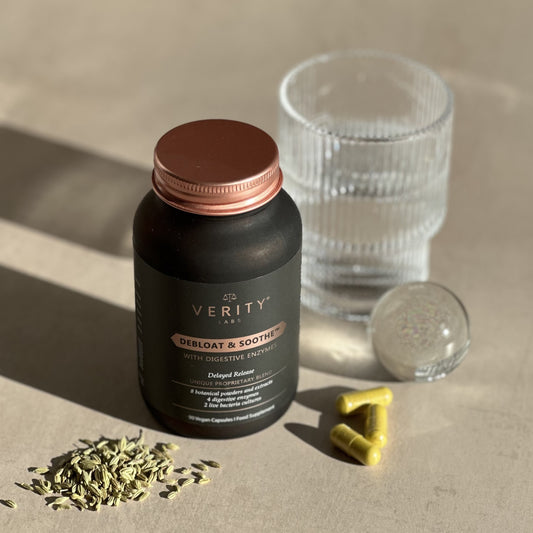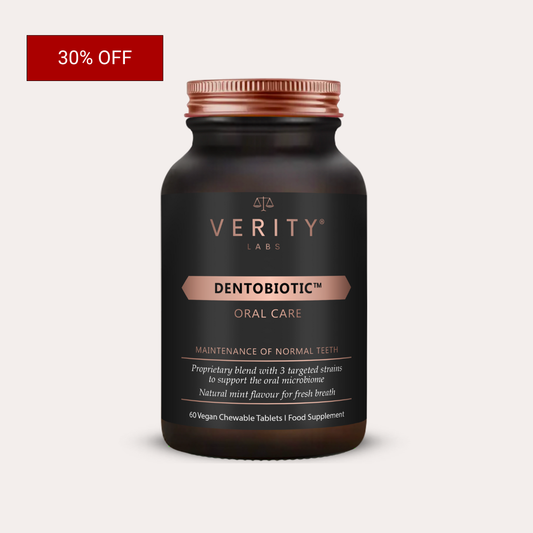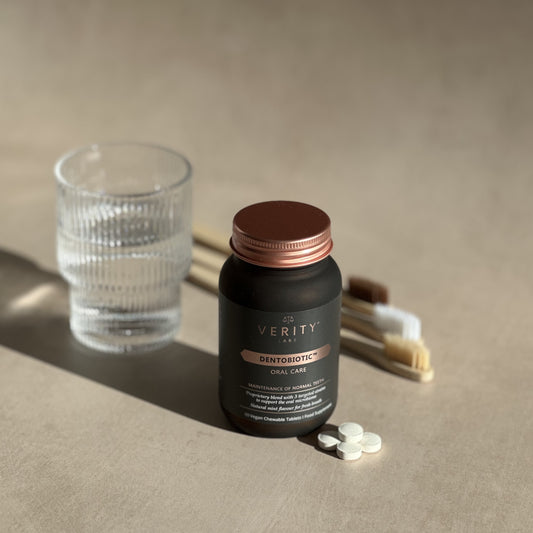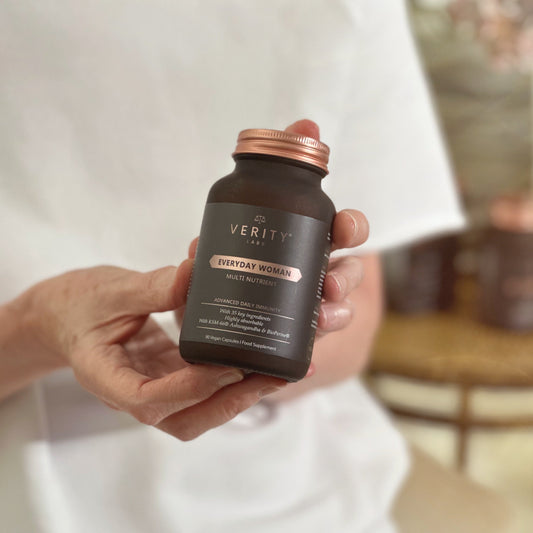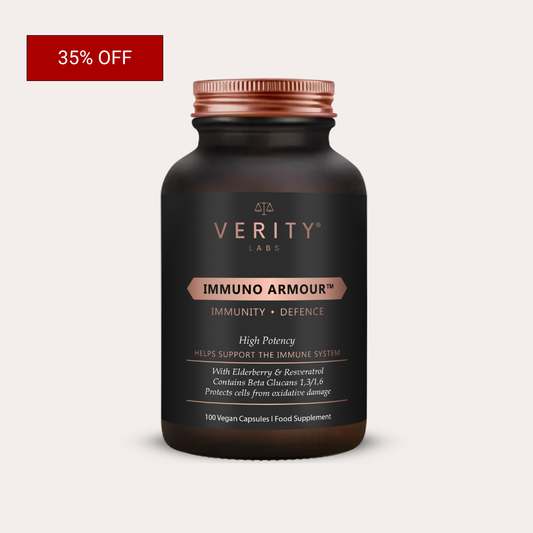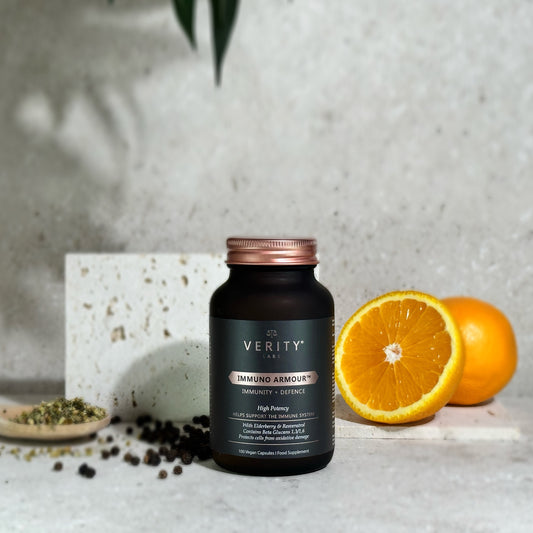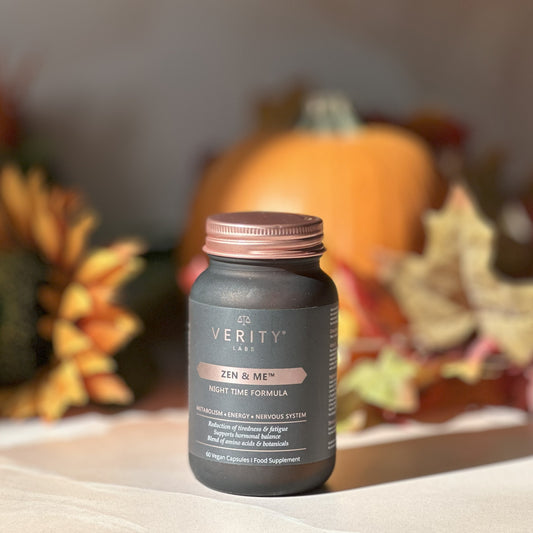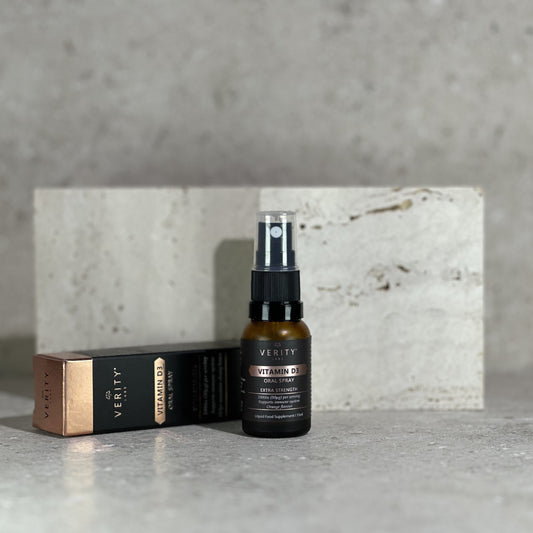The gut microbiome is a vast and complex ecosystem of microorganisms, including bacteria, viruses, fungi, and other microbes, that reside in the digestive tract. These microorganisms play a crucial role in numerous bodily functions, influencing everything from digestion and nutrient absorption to immune system regulation and mental health. The gut microbiome is often referred to as the body's "second brain" due to its significant impact on overall health and well-being. Additionally, our gut plays a crucial role in immune function, as around 70-80% of immune cells are present in the gut. It is therefore important to understand how to take care of it properly.
Symptoms of an Unhealthy Gut
An imbalance in the gut microbiome, known as dysbiosis, can manifest through various symptoms and health issues. Common signs of an unhealthy gut include digestive disturbances such as bloating, gas, diarrhoea, constipation, and abdominal pain. Food intolerances and sensitivities may also develop, as the gut struggles to process certain foods. Beyond digestion, an unhealthy gut can contribute to chronic fatigue, skin problems like acne and eczema, and mental health issues including anxiety, depression, and brain fog. Additionally, frequent infections and autoimmune conditions may indicate gut dysbiosis, as a significant portion of the immune system is located in the gut.
How to Maintain or Rebuild a Healthy Gut
Maintaining or rebuilding a healthy gut involves a multifaceted approach that includes dietary, lifestyle, and sometimes medical interventions. A balanced diet rich in fibre is essential, as fibre acts as a prebiotic, feeding beneficial bacteria in the gut. Incorporating a variety of fruits, vegetables, whole grains, and legumes can promote a diverse and healthy microbiome. Probiotic-rich foods such as yogurt, kefir, sauerkraut, and kimchi can introduce beneficial bacteria into the gut, while prebiotics, found in foods like garlic, onions, and bananas, help nourish these bacteria.
Staying well-hydrated is important for maintaining the mucosal lining of the intestines and supporting digestive health. Regular exercise has been shown to promote a healthy microbiome, as physical activity can enhance the diversity of gut bacteria. Managing stress through techniques such as meditation, yoga, and deep breathing exercises is crucial, given the strong connection between stress and gut health. Adequate sleep, typically seven to nine hours per night, is also vital for overall health and gut function.
Limiting processed foods and sugars is important, as these can promote the growth of harmful bacteria. In some cases, probiotic supplements may be beneficial, particularly after antibiotic treatment, which can disrupt the gut microbiome.
Different Microbiomes in the Body
While the gut microbiome is perhaps the most well-known, the body hosts several other microbiomes that are equally important for health.
Skin Microbiome: The skin microbiome consists of microorganisms living on the skin's surface. These microbes play a crucial role in protecting against pathogens, regulating immune responses, and maintaining skin health. An imbalance in the skin microbiome can lead to conditions such as acne, eczema, and psoriasis.
Oral Microbiome: The oral microbiome includes bacteria, fungi, and viruses residing in the mouth. This microbiome is essential for oral health, aiding in digestion and protecting against oral diseases like cavities, gingivitis, and periodontitis. An unhealthy oral microbiome can also impact systemic health, potentially contributing to cardiovascular diseases and other conditions. Oral probiotics are now gaining more popularity and are considered beneficial to restoring an oral microbiome. Our DentoBiotic product contains three strains of live bacteria found in a healthy oral microbiome in addition to zinc, vitamin D and lysine which are all beneficial for oral and dental health.
Reproductive Microbiome: The reproductive microbiome, particularly the vaginal microbiome in women, consists of microorganisms that play a vital role in maintaining reproductive health. A healthy vaginal microbiome is dominated by Lactobacillus species, which help protect against infections and maintain an acidic environment. Dysbiosis in the vaginal microbiome can lead to infections such as bacterial vaginosis and yeast infections.
The gut microbiome is a critical component of overall health, influencing various bodily functions and systems. Recognizing the symptoms of an unhealthy gut and taking steps to maintain or rebuild a healthy microbiome is essential for well-being. Additionally, understanding that the body hosts multiple microbiomes, each playing a unique role, underscores the importance of a holistic approach to health. By adopting a balanced diet, regular exercise, stress management, and proper sleep, individuals can support the health of their gut microbiome and other microbiomes, promoting optimal health and preventing disease.
References:
https://nutritionsource.hsph.harvard.edu/microbiome/
https://link.springer.com/article/10.1186/s40168-017-0261-y
https://pubmed.ncbi.nlm.nih.gov/33803407/
https://www.ncbi.nlm.nih.gov/pmc/articles/PMC5082693/
https://thejournalofheadacheandpain.biomedcentral.com/articles/10.1186/s10194-020-1078-9



